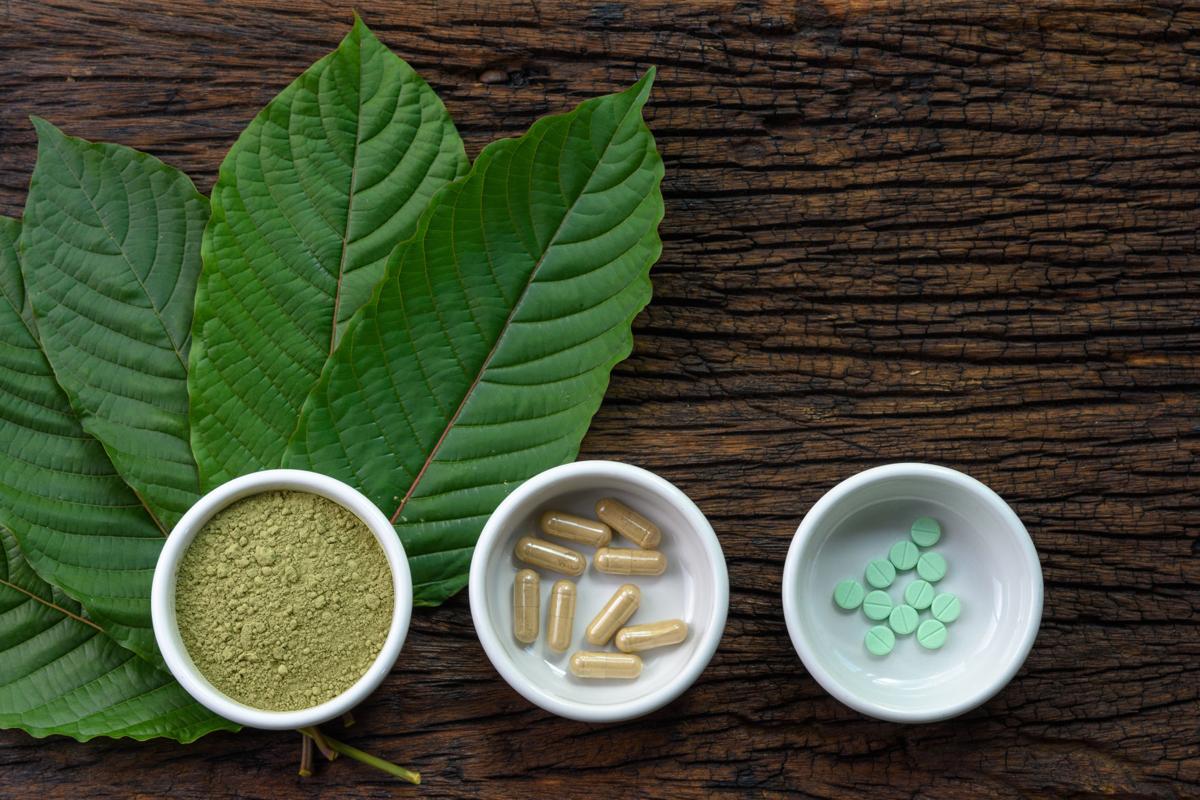FDA and DEA propose Schedule 1 ban on kratom-derived compound 7-OH
The U.S. Food and Drug Administration and Drug Enforcement Administration are considering classifying 7-OH, a compound derived from the kratom plant, as a Schedule 1 controlled substance — effectively making it illegal at the federal level.
Last month, the FDA announced it was targeting the compound, which is a concentrated byproduct of the kratom plant known to relieve pain and cause feelings of euphoria, due to its “high potential for abuse.”
“Vape stores are popping up in every neighborhood in America, and many are selling addictive products like concentrated 7-OH,” said FDA Commissioner Marty Makary. “After the last wave of the opioid epidemic, we cannot get caught flat-footed again. 7-OH is an opioid that can be more potent than morphine. We need regulation and public education to prevent another wave of the opioid epidemic.”
Schedule 1 drugs, which include marijuana, heroin, and LSD, are considered by the FDA not to have any “currently accepted medical use” and carry high risks for misuse.
Unlike kratom itself, which is not being considered for Schedule 1 classification, 7-OH binds to the brain’s opioid receptors. The compound is estimated to be 13 times more potent than morphine, and its ease of access has led some to refer to it as “gas station heroin.”
Colorado lawmakers took steps to regulate the sale of kratom and 7-OH in the state during the last legislative session, passing a bill that, in part, prohibits the sale of products containing more than 2% 7-OH.
In a press release announcing its recommendation to classify 7-OH as a Schedule 1 substance, the FDA said the availability of highly concentrated 7-OH was a “major concern.”
“The FDA is particularly concerned with the growing market of 7-OH products that may be especially appealing to children and teenagers, such as fruit-flavored gummies and ice cream cones,” the agency said. “These products may not be clearly or accurately labeled as to their 7-OH content and are sometimes disguised or marketed as kratom.
In June, the FDA sent warning letters to seven companies for illegally marketing tablets, gummies, and drink mixes that contained 7-OH.
“7-OH is not lawful in dietary supplements and cannot be lawfully added to conventional foods,” the letter stated. “Additionally, there are no FDA-approved drugs containing 7-OH, and it is illegal to market any drugs containing 7-OH. Consumers who use 7-OH products are exposing themselves to products that have not been proven safe or effective for any use.”
Despite concerns about its potential for abuse, some advocates say 7-OH offers therapeutic benefits when taken in small doses, particularly for individuals experiencing substance use disorder and mental health conditions.
A recent beagle study published by a research firm in Kansas found no serious adverse effects linked to the consumption of 7-OH, even in extremely high doses.
According to Kyle Ray, a 7-OH producer and member of the Holistic Alternative Recovery Trust, or HART, the product’s addictive potential hasn’t been studied enough to be truly known. While he acknowledged that 7-OH does have some addictive qualities, Ray told Colorado Politics that due to it being a partial opioid receptor, it has a “ceiling effect,” meaning its effect plateaus after a certain dosage and makes overdosing nearly impossible.
“This product does have addictive potential, the same way nicotine has addictive potential,” he said. “However, I want to be clear in how this product is being framed and how we’d like it to be perceived and regulated, which is as a harm reduction tool. That means the good outweighs the bad. I would say the bad is that it has addictive potential, but the good side of it is that someone who is currently addicted to opioids can use it to get off opioids, and it’s not gonna kill you.”
Jeff Smith, HART’s national policy director, criticized the FDA and DEA for not presenting any evidence of the product’s high abuse potential.
“When asked whether even a single death could be attributed to 7-OH, they did not answer,” he wrote in an opinion piece for Medical Economics. “The featured consumer advocate warned against the compound but acknowledged she had never used it and was relying on secondhand reports from a vape store clerk who said he had heard things from others. This raises serious questions about the evidentiary basis for such a significant regulatory action.”





